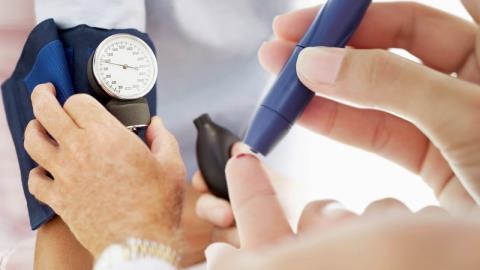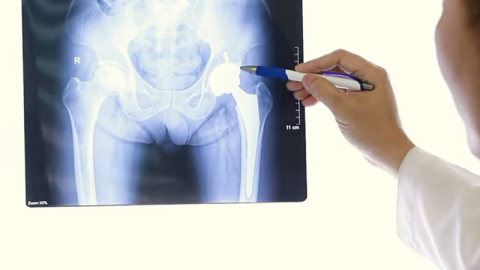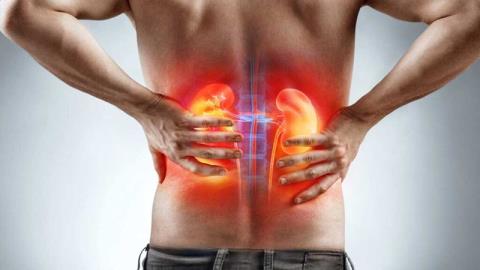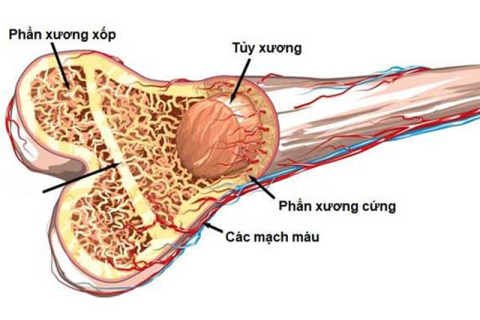Many people often confuse hypoglycemia with hypotension, thinking that the two conditions are the same. However, the reality is the opposite—hypoglycemia and low blood pressure are completely different health issues. Understanding the differences can help you manage your health more effectively.
Are Hypoglycemia and Low Blood Pressure the Same?
To distinguish between low blood sugar and low blood pressure, you first need to understand the concepts and causes of these two conditions. Here’s an overview to help you recognize and differentiate them more easily.
What is Hypoglycemia?
Hypoglycemia occurs when blood sugar levels drop rapidly, falling below a safe level (less than 70mg/dL). It becomes life-threatening if levels drop below 55mg/dL. Common causes include:
- Skipping meals or fasting for over 8 hours
- Excessive alcohol consumption
- Infections or illnesses
- Side effects of medications
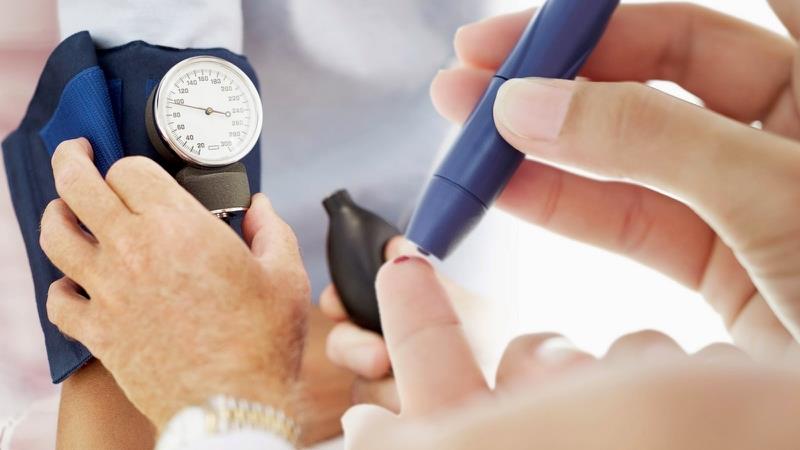
Hypoglycemia is when blood sugar levels drop below 70mg/dL.
What is Hypotension?
Hypotension, or low blood pressure, occurs when systolic blood pressure falls below 90 mmHg or diastolic pressure drops below 60 mmHg. It is more common than hypoglycemia and can affect people of all ages, especially pregnant women, the elderly, or those with chronic illnesses.
Key Differences Between Hypoglycemia and Hypotension
| Aspect |
Hypoglycemia |
Hypotension |
| Definition |
Low blood sugar levels (<70mg> |
Low blood pressure (<90 0=""> |
| Common Symptoms |
Hunger, trembling, rapid heartbeat, irritability, fatigue |
Dizziness, blurred vision, nausea, cold skin, fainting |
| Primary Causes |
Fasting, alcohol, infections, medications |
Dehydration, heart conditions, medications, hormonal imbalances |
Symptoms of Hypoglycemia and Hypotension
Symptoms of Hypoglycemia
- Hunger
- Trembling limbs
- Increased heart rate
- Irritability and mood swings
- Fatigue
- Severe cases: Convulsions, fainting, coma
Hypoglycemia can also occur at night, causing symptoms like sweating, nightmares, and headaches.
Symptoms of Hypotension
- Dizziness or light-headedness
- Blurred vision
- Nausea
- Cold, sweaty skin
- Difficulty concentrating
- Severe cases: Fainting or falls
How to Prevent Hypoglycemia and Hypotension
Preventing these conditions involves similar lifestyle adjustments. Here are some effective strategies:
- Eat Regularly: Avoid skipping meals and eat small, balanced meals every 3-4 hours.
- Stay Hydrated: Drink 2.5–3 liters of water daily to maintain blood pressure.
- Limit Alcohol: Excessive alcohol can trigger both conditions.
- Exercise Moderately: Avoid intense workouts on an empty stomach.
- Monitor Health: Regularly check blood sugar and blood pressure levels.
Additional Tips for Specific Groups
For Hypoglycemia: Diabetics should carry snacks or glucose tablets. Severe cases may require a glucagon injection kit.
For Hypotension: Change positions slowly to avoid dizziness. Avoid overtraining during exercise.
Conclusion
Understanding the differences between hypoglycemia and hypotension is crucial for proper health management. If you frequently experience symptoms of either condition, consult a healthcare professional for a thorough evaluation and personalized treatment plan. For more information, visit our guide on differentiating hypoglycemia and hypotension.
